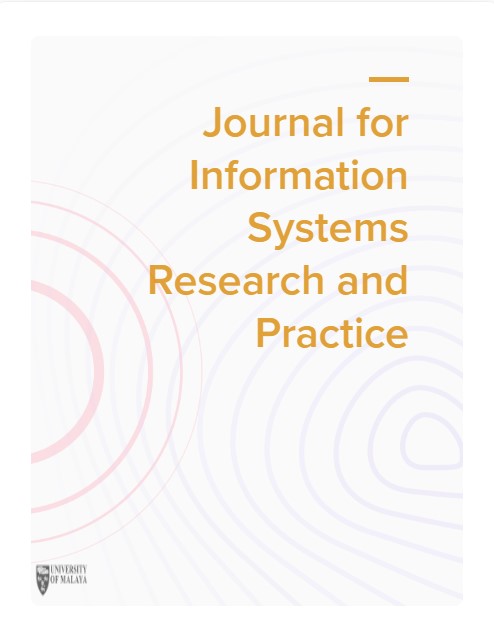Partial Derivative Resnet and Xception Neural Network-based Transfer Learning for Students Performance Prediction
Keywords:
Partial Derivative, ResNet, Xception, Neural Network, Transfer Learning, Normalized Exponential.Abstract
Despite deep learning-based methods have made a notable advancement involving both cognitive and non-cognitive skills, a good deal of these methods require to encapsulate the complicated associations present in learning activities, that are mandatory for boosting prediction accuracy. There is a growing proof that numerous characteristics, both cognitive and non-cognitive skills play a paramount part in the analysis of students’ performance prediction. Correspondingly a small amount of information is investigated about how cognitive features and non-cognitive features correlate with performance prediction among students. The objective of the present study is to check out the contribution of cognitive factors (general cognitive abilities) and non-cognitive factors (discipline or school absences, social factors like, going out with friends, alcohol consumption) on analyzing students’ performance prediction using a method called, Partial Derivative ResNet and Xception Neural Network-based Transfer Learning for students’ performance prediction (PDRN-XNNTL). The PDRN-XNNTL method is split into three sections, feature extraction, fine-tuning and prediction. First, the input from student performance dataset is subjected to the feature extraction model using Partial Derivative ResNet-based Pre-trained Network model. Second with the extracted features as input, fine-tuning is performed using Xception Neural Network-based Transfer Learning model. Finally, with the fine-tuned results students’ performance prediction is made using Normalized Exponential function. Student performance dataset is chosen for the performance evaluation and analysis of the PDRN-XNNTL method. The proposed PDRN-XNNTL method has significantly improved the accuracy compared with related works. To examine the contributions of the individual components of the proposed PDRN-XNNTL method, extensive studies are conducted to confirm the efficiency via training time and prediction error. The research implications are to confirm the feasibility of Neural Network-based Transfer Learning to enhance the optimal solution of the target model and to provide a generic approach to bridge the gap between the cognitive skills and non-cognitive skills using Normalized Exponential function.
Downloads
Published
How to Cite
Issue
Section
License
Copyright (c) 2024 Journal of Information Systems Research and Practice

This work is licensed under a Creative Commons Attribution-ShareAlike 4.0 International License.





